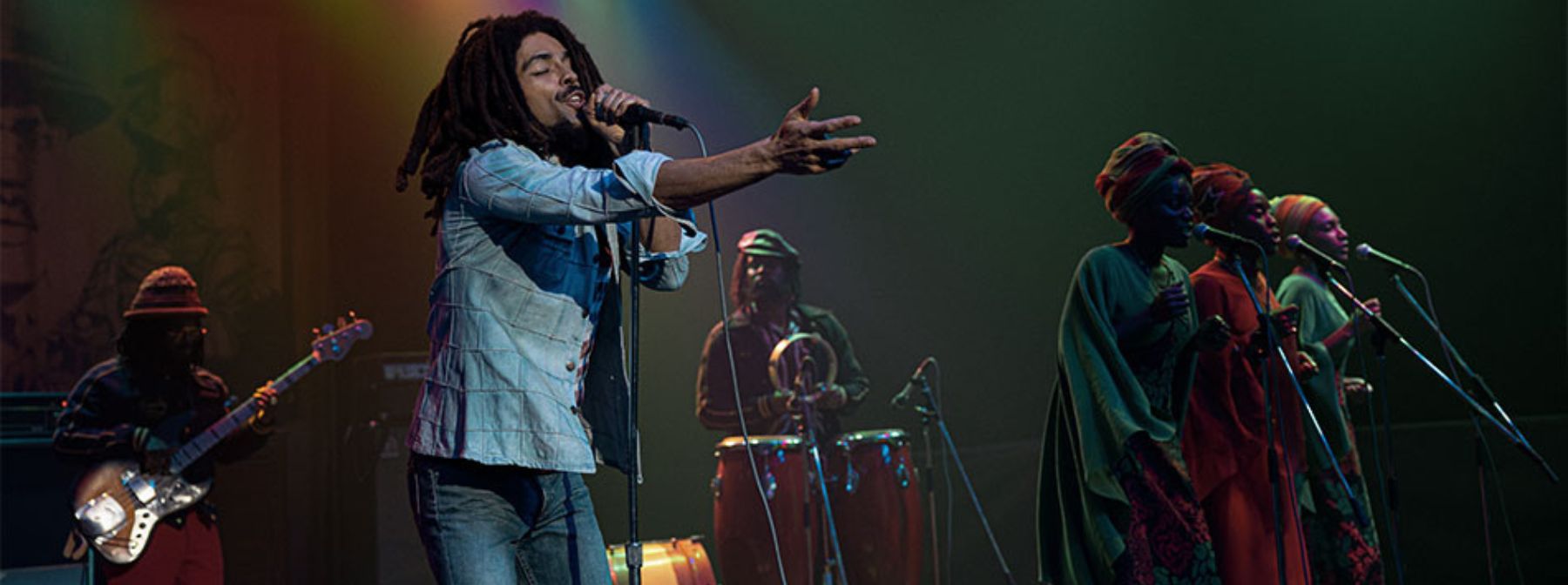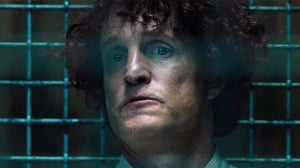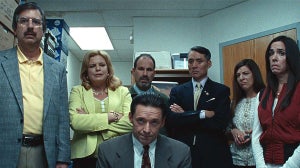
Kingsley Ben-Adir never felt certain that his Bob Marley biopic would be a hit.
In at least one high profile interview before release, the actor expressed concern that his desire for authenticity by ensuring the characters spoke in the same thick Patois as their real-life counterparts might turn some audiences off. But after making $176 million at the box office, and receiving an all-important 92% audience score on Rotten Tomatoes, it’s safe to say that gamble paid off handsomely.
Looking back on those anxieties now, Ben-Adir told Zavvi: “There’s always a nervousness when something’s about to come out in the world; you work so hard on it, but you can never know if it’ll resonate or not. It’s out of your hands whether audiences will respond to a movie or not.
“I’m really proud of the film, and I’m proud of the studio for committing to the authenticity by honouring the language and how Bob spoke, affording me the space to explore that. I spent a lot of time studying Bob, transcribing a lot of his interviews, and they allowed me the chance to bring that into the script, changing things to make sure that how he spoke in real-life would be mirrored in how we were going to try and speak.
“When it finally came out and people seemed to like it, I felt relieved, but also really grateful that this approach paid off.”

It took a whole year for the actor to get into character as the reggae icon, admitting that he was “a bit intense” in his desire to do justice to a music legend.
“I never wanted to merely imitate him, it was all about trying to find his spirit through my point of view; an interpretation, not an impersonation. And that approach became a 12 month conversation with experts in different fields, speaking about the technical aspects of the performance – there were lots of discussions in this research stage, more so than any practical work.
“I wanted to understand the psychology of his singing and movement, and the differences between how I sing and how he sings, or how I dance versus how he dances. We started this process early, because I wanted to get working, but it became a much longer process; I really got a lot out of it.”
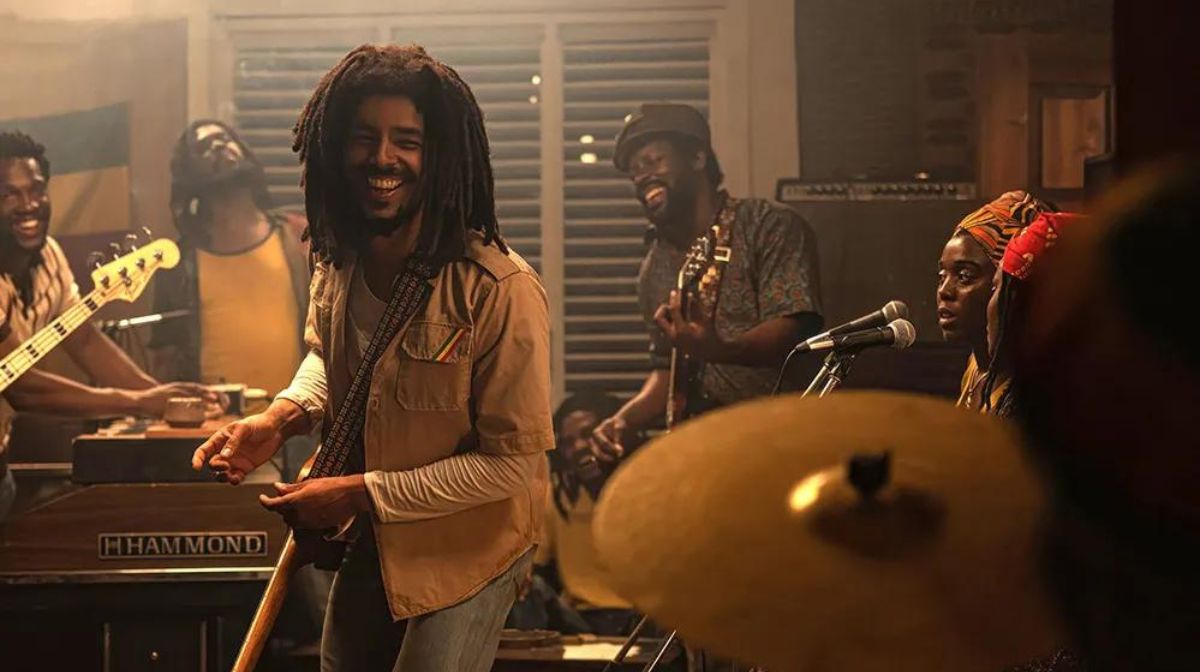
What makes Bob Marley: One Love stand out from many recent biopics is its comparative brevity, clocking in 107 minutes – a genuine rarity for a genre that often feels like directors are contractually obliged to push beyond the two-and-a-half hour mark. Naturally, this means that a lot of footage ended up on the cutting room floor, with the actor acknowledging that a “three-hour version” of the movie likely exists in a vault somewhere.
“The last four or five projects I’ve worked on, I’ve learned that it’s normal to overshoot. So much disappears during the edit to make the story as tight as possible – I’ve come to appreciate editing as a real storytelling art form in itself.”
But while acknowledging that the process helped streamline the storytelling, there was one big casualty for the process.
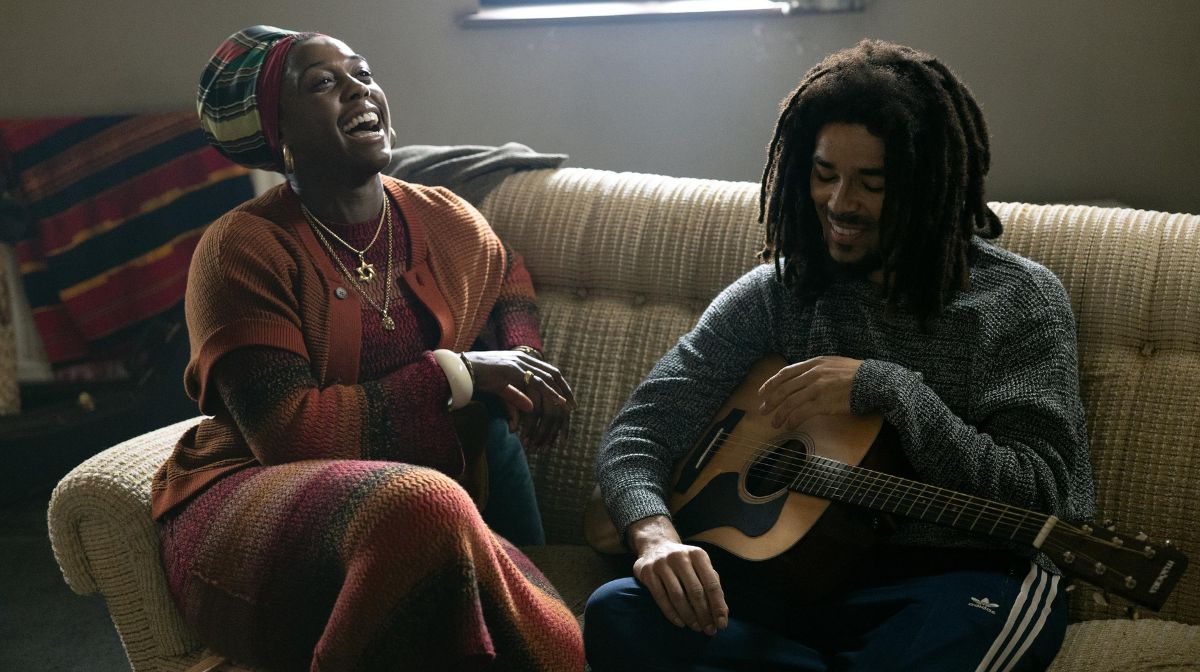
“There were a few songs that I worked really hard on for months that didn’t make the cut, and there was one song in particular that I thought was really good. I hope they decide to release it in the special features; it didn’t help the story, so we didn’t need it in there, but I would like it to see the light of day – I’m not saying anything else until I know for sure whether it’ll see the light of day or not!”
Ben-Adir’s star has continued to rise in the past year, appearing as the main villain Gravik in MCU miniseries Secret Invasion, and as “Basketball Ken” in Barbie, a role he returned to as a dancer in Ryan Gosling’s instantly iconic Oscars performance in March. But his first major Hollywood leading role as Marley is a culmination of several years’ work as a character actor frequently cast to depict famous figures, from Barack Obama in miniseries The Comey Rule, to the nerve-wracking task of following in Denzel Washington’s footsteps to portray Malcolm X in One Night In Miami.
The actor’s admittedly intense process is largely why producers entrust him with bringing famous figures to life; the research he puts into each of these roles ensures that you’ll get something far better than a surface level imitation. As a result, he’s always thinking about real-life figures he’d love to play, knowing that there’s a good chance he may eventually be asked to do so.
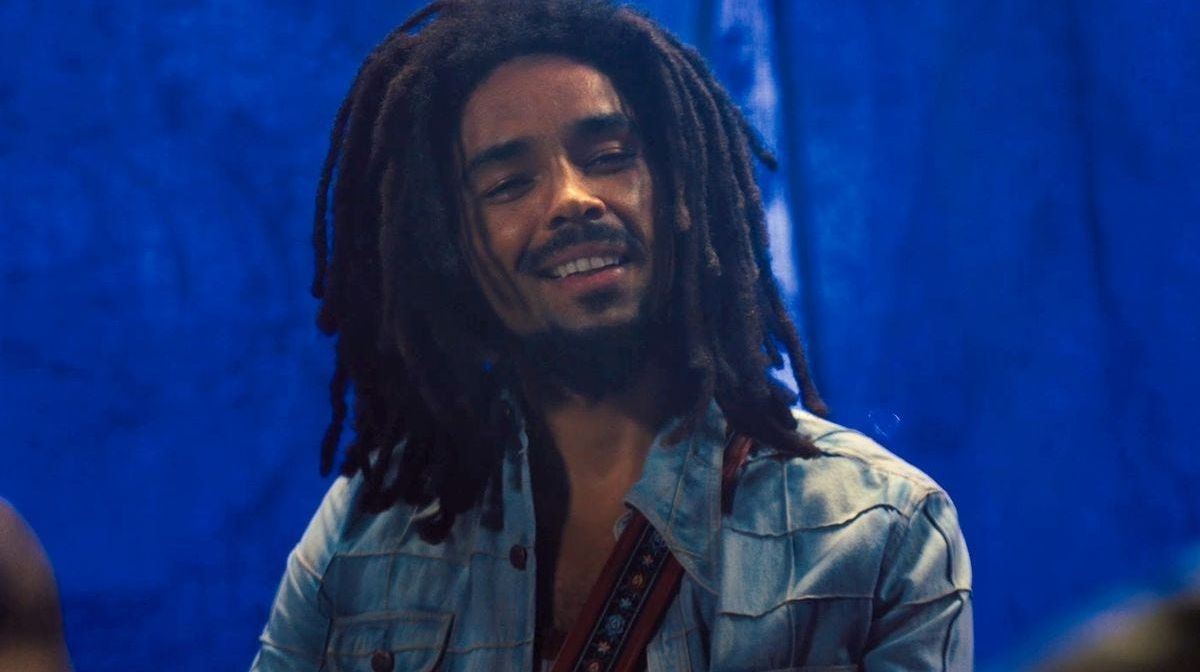
“A music icon I love, who I feel someone needs to make a film about, is Gil Scott-Heron”, he added. “Especially because he was someone that Bob had a lot of respect for, and that reverence was shared by Gill too.
“He’s one of my all-time favourite musicians, and I feel he lived a life that definitely needs to be put to screen. I’d certainly love the chance to play him next.”

